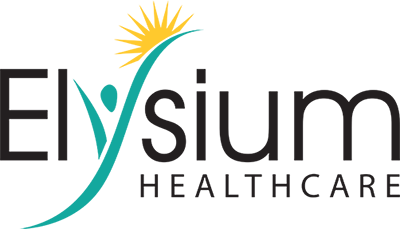As with many mental health conditions, obsessive-compulsive disorder (OCD) is often misunderstood. It’s true that many people associate OCD with excessive cleanliness or organizational habits, but it encompasses much more.
OCD affects people from all walks of life impacting millions worldwide. Its intrusive thoughts, persistent worries, and repetitive behaviors can disrupt daily life and lead to significant distress.
What Is OCD?
OCD, short for Obsessive-Compulsive Disorder, is a mental health condition that manifests in repetitive and intrusive thoughts, images, or impulses, known as obsessions. These obsessions often lead to engaging in repetitive behaviors or mental acts, referred to as compulsions.
These so-called compulsions are a reactive attempt to alleviate the distress caused by the obsessions. These obsessions and compulsions may involve themes such as cleanliness, symmetry, doubts, fears, or even taboo subjects.
Each person’s experience with OCD is unique, and the intensity of symptoms can vary from person to person. Typically, it ranges from mild disruptions to severe impairments that significantly impact daily functioning and quality of life.
Unlike ordinary worries or habits, OCD obsessions and compulsions can be persistent, distressing, and time-consuming. They can interfere with relationships, work, and overall well-being, causing significant distress and discomfort.
Although everyone may experience occasional intrusive thoughts or engage in repetitive behaviors, OCD takes these experiences to a more intense level. It affects a smaller percentage of the population, with approximately 1.2% of adults experiencing symptoms of OCD.
Living with OCD can be challenging. It often creates a constant cycle of anxiety, as those suffering from it can feel compelled to perform rituals or mental routines to reduce distress and prevent perceived harm.
This can lead to a sense of frustration, isolation, and difficulty finding joy in everyday activities.
OCD is also often linked to other mental health issues, including addiction, as individuals may turn to substances as a way to cope with their symptoms.
Does this sound familiar? Like something your or someone you love might be suffering from? If so, contact Elysium Healthcare OCD Therapy Los Angeles by calling (855) 641-5541. We’re ready to help.
The Signs and Symptoms of OCD
These are the most common psychological signs and symptoms of OCD
- Persistent feelings of distress
- Experiencing excessive worry or fear
- Intrusive, unwanted thoughts or obsessions
- Engaging in repetitive behaviors or compulsions
- Feeling the need for strict order or symmetry
- Experiencing intrusive, distressing doubts
These are the most common physical signs and symptoms of OCD
- Physical tension and restlessness
- Fatigue or low energy levels
- Changes in appetite or sleep patterns
- Difficulty concentrating or making decisions
- Heightened heart rate or palpitations
If you or anyone you love is experiencing the signs and symptoms of OCD then it’s critical for you to get in contact with a professional. If so, you can contact Elysium Healthcare OCD Therapy Los Angeles by calling (855) 641-5541.
Still have questions? Request a callback or give us a call today.
- No Obligation When You Call
- JCAHO Accredited Facilities
- Expert and Caring Staff
- 5-Star Rated Programs
- Dual-Diagnosis Approach
Find the Best Program for YOU

OCD Dual Diagnosis
Despite growing awareness surrounding OCD, there are still prevalent misconceptions and stereotypes that contribute to the misunderstanding of this mental health condition. Some may mistakenly believe that OCD is something one can simply overcome or dismiss its intricate nature and the challenges it presents.
While these misconceptions may stem from good intentions, they can be harmful and result in unhealthy coping mechanisms when individuals try to downplay or handle their symptoms alone.
Consequently, individuals with OCD may resort to substances like drugs or alcohol as a means of finding temporary relief. This has led to a significant number of patients with OCD also experiencing co-occurring disorders, commonly known as dual diagnosis.
Dual diagnosis and co-occurring disorders essentially refer to the same concept. When a person simultaneously faces a mental health disorder and a substance abuse disorder, it is referred to as a dual diagnosis. The presence of both disorders complicates the healing process as they mutually amplify each other’s effects.
If you or someone you care about is grappling with a dual diagnosis involving OCD, it is crucial to seek professional treatment at a reputable OCD recovery center. Expert guidance and specialized care can help address both OCD symptoms and substance abuse concerns, providing a comprehensive approach to recovery.
Remember, you don’t have to face this journey alone. There are dedicated professionals who understand the complexities of OCD and dual diagnosis, and they are ready to support you in your path to healing.
Elysium Healthcare OCD Therapy Los Angeles offers OCD and dual-diagnosis treatments for patients who need them. Our treatment centers offer top-notch care and treatment that focus on the root of the problem and not just the symptoms.
Get in contact with Elysium Healthcare OCD Therapy Los Angeles today by calling (855) 641-5541, our admission team is standing by.

Begin Your Journey to Recovery
From the moment you contact us, we will help you find the treatment program that best fits your individual needs – whether that is one of our programs or not. We aim to help every single person in finding their own path to lasting, sustainable recovery from substance abuse.

OCD Treatment in Los Angeles
Opting for reputable OCD treatment centers in California offers various benefits. These top-tier facilities provide comprehensive medical resources and support to address all underlying causes and related disorders. By addressing all co-occurring conditions, individuals have the best chance for recovery.
This is particularly true for individuals who experience OCD alongside other conditions, such as substance abuse.
Both OCD and substance abuse must be treated concurrently for a complete recovery. By focusing solely on one condition, individuals may not receive all the necessary resources and support needed to lead a healthy life.
For example, the relationship between OCD and substance abuse is bidirectional. This means that both conditions have a reciprocal impact on each other. People may experience OCD symptoms first and turn to substances as a means to alleviate their distress. However, substance abuse further exacerbates the situation by intensifying OCD symptoms and adding to the overall mental health burden.
Given the nature of OCD and substance abuse, it is crucial to treat both conditions simultaneously. Failure to address both can lead to relapses or worsening of OCD symptoms.
By selecting an OCD treatment center in Los Angeles, patients can access the necessary tools and skills to overcome OCD and any co-occurring conditions comprehensively. This comprehensive approach ensures the best chance of recovery, empowering individuals to regain control of their lives and effectively manage their OCD symptoms.
Ready to get the help you and your loved ones deserve? Elysium Healthcare OCD Therapy Los Angeles is ready to help. Contact us by calling (855) 641-5541.
Contact Elysium Health Today To Learn More
Despite the misconception that addiction only happens among homeless populations, addiction happens to everyone for a wide array of reasons. Even professionals suffer from high rates of addiction. It’s important that professionals receive the adequate care they need in order to overcome their addiction and begin healing.
If you are a professional who is suffering from addiction, contact Elysium Health today. Our experienced but compassionate staff can help you overcome your addiction one step at a time. Give us a call today to learn more about our executive drug rehab facility.

We Work With Most Major Insurance
Elysium Healthcare works with most insurance providers at our facilities. Our admissions team works around-the-clock to ensure that those that need help have the access to get it. Verify your benefits and one of our treatment consultants will get back to you with more information on how you can get started.
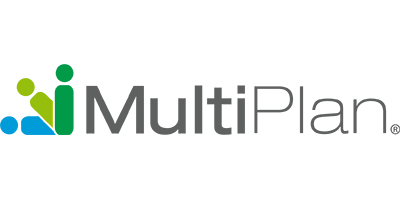

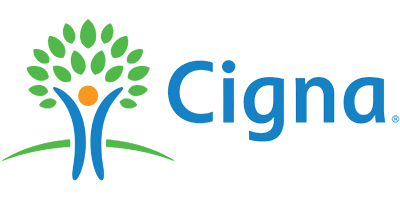

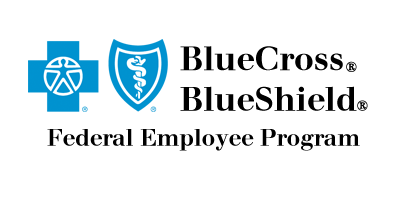
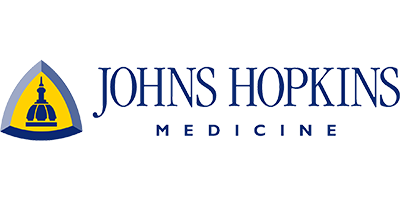
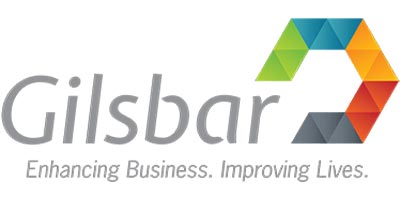
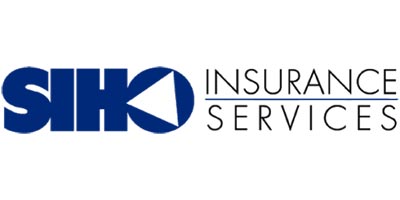
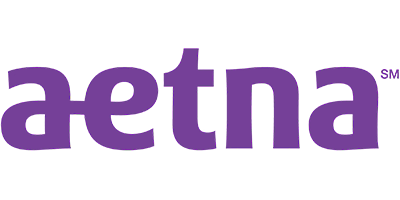
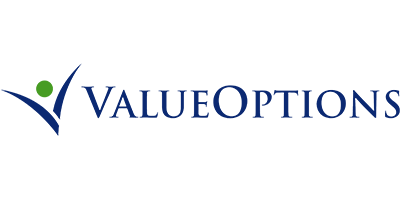

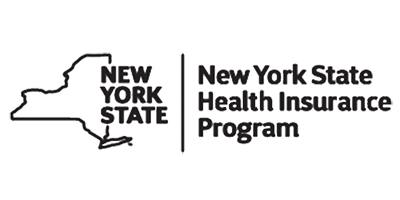
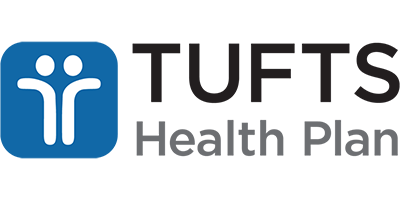
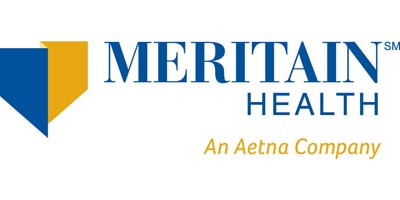




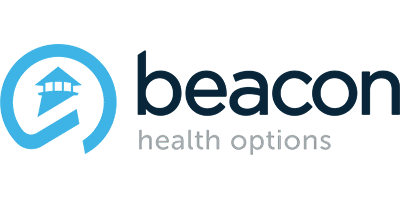













Begin Your Fight Against Addiction Today
If you or a loved one has fought for our nation’s freedom and are now suffering from substance abuse, you are not the only one, and you deserve help in return. After sacrificing and putting so much on the line for our nation’s freedoms and citizens, you should seek out substance abuse treatment for veterans. Elysium Health offers comprehensive, dual diagnosis treatment for veterans so you can heal from your traumas and begin your life of sobriety.
Contact Elysium Health today to learn more about our veteran addiction treatment in Los Angeles, CA.
